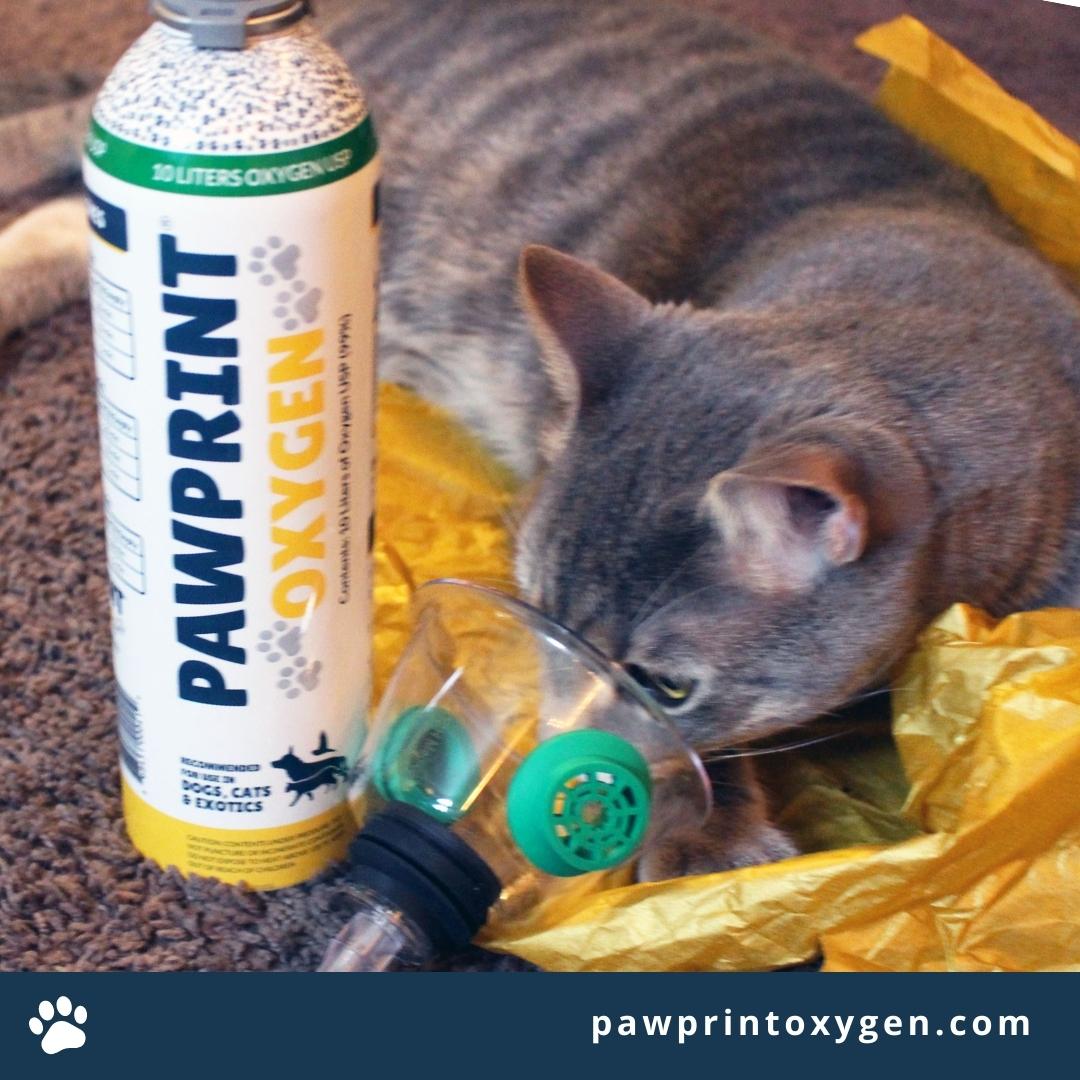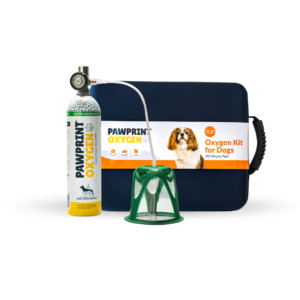What is Feline Asthma?
Feline asthma, also called bronchial asthma, is a common respiratory problem in cats. This condition leads to recurring symptoms of wheezing and difficulty breathing. The disease affects about 10 percent of all cats. Feline asthma is caused by an allergen or irritant your cat was exposed to while breathing. This can be anything from dust or pollen outdoors to the material used on flea collars indoors. Symptoms will vary from case to case and may range from mild to severe, depending on the amount of contact with an allergen.
Symptoms of Feline Asthma
Common symptoms of Feline Asthma include:
- Coughing (which can look like gagging or vomiting)
- Labored or rapid breathing
- Difficulty Breathing
- Breathing that looks like it is coming from the belly instead of the chest
- Noisy or “wheezy” breathing
Allergens that trigger Feline Asthma
Common allergens in your house and your cat’s environment can trigger asthma attacks. Making sure your home is as allergen-free as possible will often lessen the severity of the respiratory inflammation that your cat will experience. Below is a list of common asthma-inducing allergens:
- Cigarette Smoke
- Dust
- Pollen
- Mildew
- Mold
- Cat Litter (if you think it’s your cat’s litter, try looking for a different brand with different ingredients to rule out the litter)
- Household Chemicals (try switching to natural cleaning products) especially when cleaning your pet’s items like a litter box
- Hairspray
- Candles
- Air Fresheners
Although it might take some time, testing and eliminating common allergens might lead to discovering with allergens are triggering for your pet.
Diagnosing Feline Asthma
Getting your cat to the vet as soon as possible is important because a quick response can save your cat’s life. Cats with feline asthma can live long and healthy lives with proper treatment, but if you notice any of these symptoms take your pet to the vet immediately.
You should also make an appointment with your vet if you have other tell-tale signs of feline asthma that appear intermittently with time. Although asthma is often a diagnosis your pet has to live with, if left untreated, can be fatal to your pet during an asthmatic episode.
Testing for Feline Asthma at your Veterinarian
Typically, vets will need to rule out underlying conditions in your cat to properly diagnose feline asthma. Conditions that often need to be ruled out first are:
- Feline Heartworm
- Respiratory Infection
- Lung Worm
- Foreign Bodies
Once other conditions are properly ruled out, your vet can take a chest x-ray, evaluate your pet’s breathing or administer an allergy test.
Treatment Options for Feline Asthma
Since asthma is induced by inflammation, the primary treatment option will usually be to reduce the cause of inflammation.
Reducing Environmental Causes:
- Add an air purifier to your home or rooms your cat spends the most time in
- Address the allergin trigger list and rule them out one by one (example: testing new cat litter)
For cats that still have asthmatic episodes after addressing your environment, there are often a few treatment options that your vet will provide you including:
-
Corticosteroids are available as either systemic forms (those that affect the entire body), or inhaled forms (which target the airways directly)
-
Albuterol is most often given in cats as an inhaled treatment via an aerosol canister and approved delivery device (AeroKat®)
- Pawprint Oxygen, supplementary oxygen can be used when your cat is experiencing an asthmatic attack to help your cat breathe. This is often used along with an inhaler or other medication. For cats experiencing severe asthmatic attacks, an oxygen cage for pets could also be an effective way to administer oxygen to your cat in a more comfortable environment.
Maintaining a Good Quality of Life with Feline Asthma
Feline Asthma can oftentimes be a lifelong condition your cat has to live with. As a pet parent, it will be most important to be able to recognize the signs of an asthmatic attack when it’s occurring.
Being well-stocked with medications, inhalers, and emergency oxygen will insure that your cat can live safely with the diagnosis of feline asthma.






